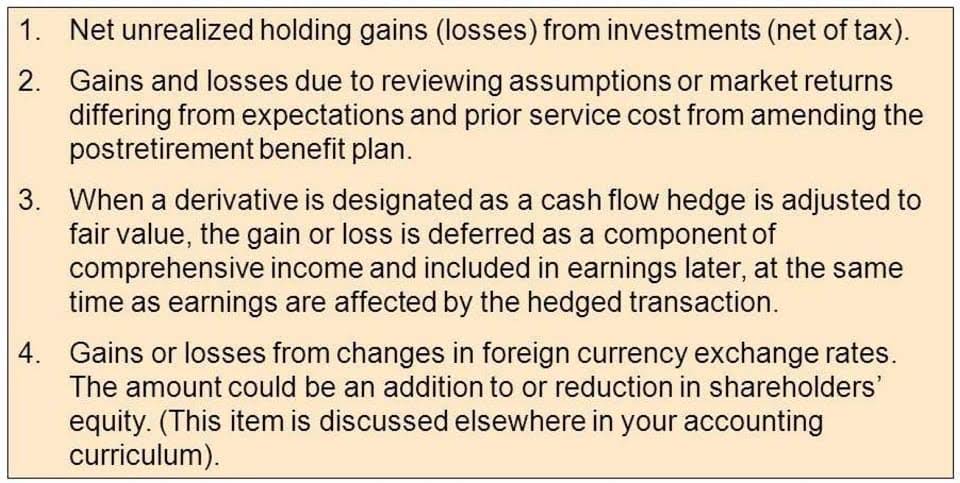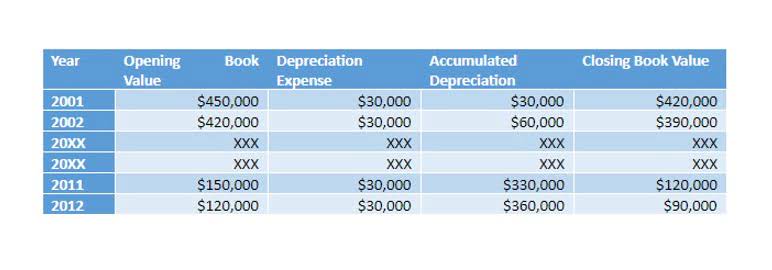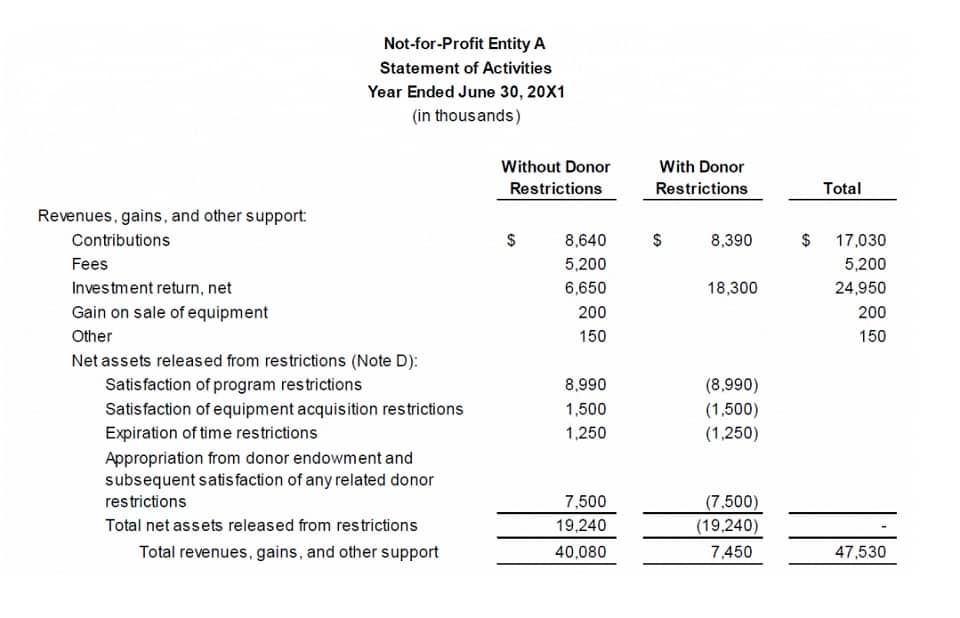
When creating an income statement for a P&C agency, it is recommended that only commission payments, broker fees and other contingent income be included as sales revenues. Any amounts paid to the insurance company from the trust account should be treated as a pass through for accounting purposes. This practice will best reflect the true operation of the agency and will eliminate common accounting errors. It will Accounting for Churches also provide the agency owner with a more accurate depiction of the operation of the agency.
A Unique Blueprint for Your Business

Brokerages also receive additional revenues for risk selection knowledge, or administrative efficiencies. These amounts are in excess of the commission or fee revenues, and not all business with participating underwriting enterprises is eligible for contingent revenues. These revenues vary, generally based on growth, the loss experience of the underlying insurance contracts, and/or efficiency in processing the business. These estimates are generally determined each period on a contract-by-contract basis where available. FreshBooks’ automation features, including recurring invoices, expense categorization, and commission tracking, free up insurance agents from manual financial tasks by utilizing dedicated accounting software.
Regularly track commissions and trust accounts
- By carefully evaluating each option and selecting the one that best meets your requirements, you can streamline your accounting processes and make informed decisions to grow your insurance agency.
- Despite such assurances one in three insurance retailers in California is presumed to be out of trust and operate a financially insolvent trust account.
- With Decimal’s bookkeeping for insurance agencies, it’s easy to navigate tax season for insurance businesses.
- She has been beneficial in creating efficiencies within agency work by developing and implementing agency workflows, procedural documentation, and training of agency employees.
However, their accountants are usually small practitioners doing a little of everything so they know nothing about insurance agency accounting requirements. The insurance broker’s dual capacity underscores the nature of insurance premium accounting and financial management objectives. On one hand, an insurance broker, acting as “business owner,” acquires the authority to invoice, receive and maintain insurance premiums in the agency’s trust bank account. On the other hand, the insurance broker, acting as “custodian” of premium funds, assumes the obligation to disburse the premium funds to their legal beneficiaries. Cloud-based accounting software like FreshBooks simplifies the billing process for insurance agencies with customizable invoices, online payment options, and automated payment reminders. These tools help agents get paid faster, streamline the payment process, and improve cash flow management.
- The Agency Coaches work closely with owners and senior managers to keep them out of the weeds and laser-focused on goals.
- There is a lot of conflicting information available on the pros and cons of the two methodologies.
- Choosing the best accounting software for your insurance agency depends on your specific business needs and budget.
- This is why agencies’ accounting is a combination of cash and accrual, rather than one or the other.
- QuickBooks accounting software for insurance companies ensures compliance with industry regulations, helping to make workforce management hassle-free.
- For example, when a retail agent sends the money to the broker, is the responsibility now with the broker?
How does accounting software improve accuracy for insurance agencies?

This allows streamlined communication accounting for insurance agencies between the two systems for trust accounting transactions, reducing the amount of time you have to spend on bookkeeping tasks. It is ideal for small to medium-sized businesses, including insurance agencies. Odoo offers features like invoicing, payment processing, expense tracking, and financial reporting, as well as inventory management and payroll processing. Zoho Books is a cloud-based accounting software that is ideal for small to medium-sized businesses.
- Choosing the right agency management and accounting software gives your insurance business the automation and insights needed to focus on sales and customer service.
- In 2005 Tammy was awarded the Presidential Citation from the AMS National Users’ Group.
- Insurance agencies must follow financial regulations at both the state and federal levels to operate legally.
- With Flexi, you’ll discover far more than ordinary accounting software, including the features below that were designed with insurance companies in mind.
- Its key features include a general ledger, balance sheet, accounts payable, and journal entries, eliminating a manual filing system.
- Effective accounting software should connect with CRM, ERP systems, and specialty insurance management software to provide a unified solution.
- Billing processes and policy-specific accounting can also be automated, improving cash flow management and reducing errors.

For insurance agents, maintaining financial accuracy isn’t just about avoiding fines—it’s about preventing costly disruptions that impact business stability and profitability. The responsibility is memorialized in your carrier contracts and all 50 states, plus the federal government, require agencies to recording transactions treat these fiduciary funds appropriately. There are states that allow comingling and states that don’t, but 100 percent of all states require agencies remain “in trust” every hour of every day of every month of every year.
